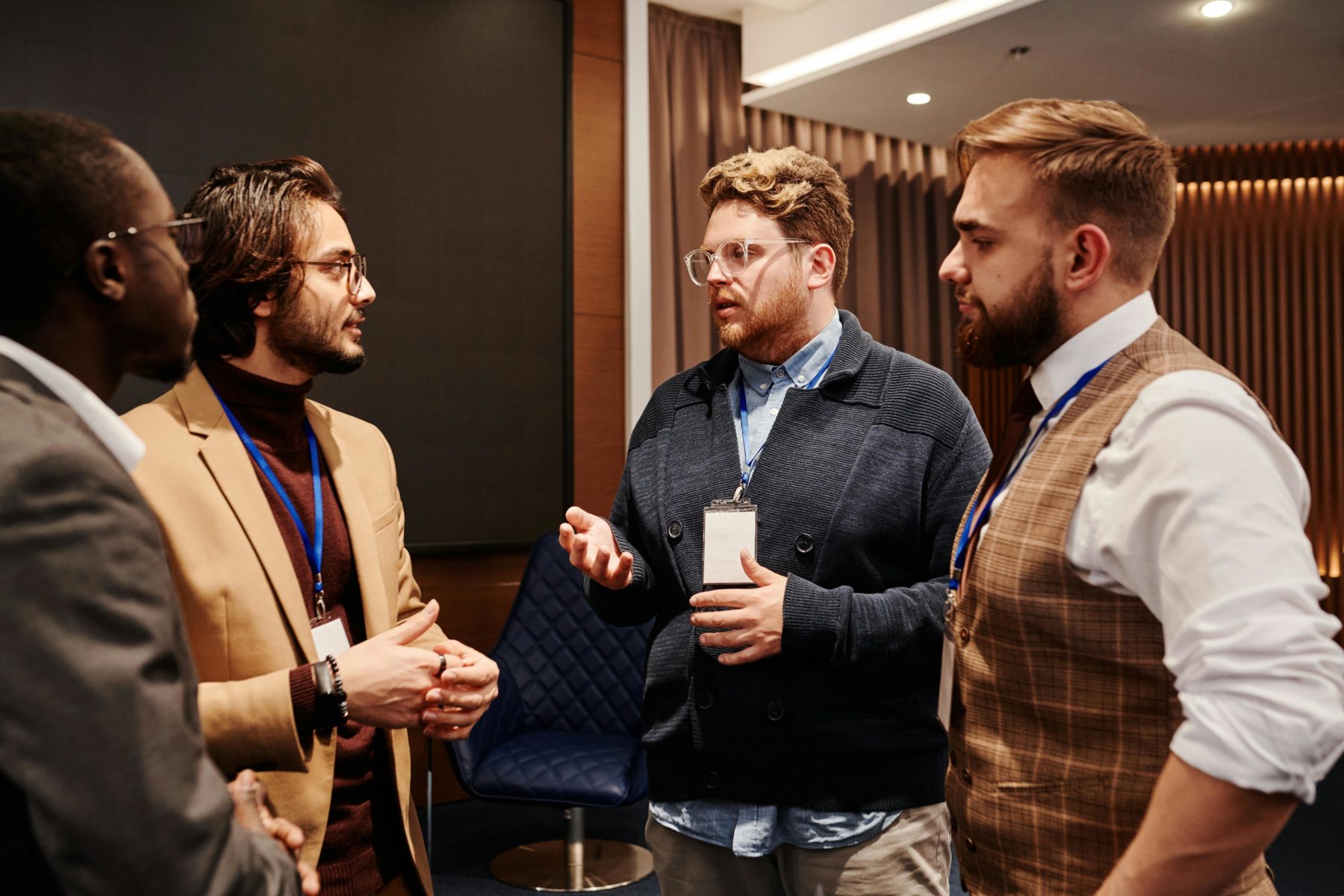The outbreak of the coronavirus has led many companies to introduce remote work. This has not only changed the way we work but also how we think about where we work. Especially among young employees in their 20s and 30s, moving to rural areas to work remotely is becoming a trend. People are choosing to leave behind the high cost of living and dense populations of urban areas to work in nature-rich regions.
This trend is underpinned by the values of young people who prioritize quality of life. In rural areas, they can enjoy larger living spaces and value their time with hobbies and family more. Additionally, support measures from local governments for relocation are encouraging this trend. By creating environments suitable for telework, the governments are promoting the influx of diverse talents, including young people, aiming for regional revitalization.
However, this trend comes with challenges. Not all rural areas have environments suitable for remote work, and some places lack adequate internet infrastructure. Moreover, moving to a rural area does not guarantee seamless integration into the local community, necessitating efforts in communication and relationship-building with locals.
The trend of utilizing remote work for relocation to rural areas is a notable movement as the diversity of workstyles broadens. It symbolizes the attitude of young people who seek a better quality of life and a richer life, beyond just changing their workplace.
Nonetheless, supporting this new way of working and living requires addressing various challenges, such as improving rural infrastructure and communication with the community. How these challenges are approached will be key to the future trend of relocation to rural areas.
On the company side, as remote work is promoted, there is a need to design systems and cultures that can provide the same value, regardless of where employees live. This trend's further progression is hoped to expand new options for workstyles and lifestyles.
Unique Efforts to Enhance Technology and Talent Mobility
Recently, among young employees, especially those in their 20s and 30s, there has been a notable trend in casual job searching. This phenomenon involves not just looking for a job but building networks and gathering information through connections with various companies. The pandemic has significantly changed workstyles and career formation values, leading to new forms of talent mobility.
Events like "Yutora Ale Garden" held in Roppongi Hills and "Meetup" organized by Asobu are examples that symbolize this movement. These events offer participants a chance to interact with company representatives in a relaxed atmosphere, providing an opportunity to reflect on their careers. Such approaches create a low-pressure environment for participants to explore diverse possibilities, serving as a new means for companies to reach potential talent.
Moreover, advancements in technology have further accelerated this trend. The spread of remote work has prompted a reassessment of traditional office-centric workstyles and broadened the choices of workplace. This has led to increased interest among young employees in relocating to rural areas or adopting more flexible work arrangements.
Additionally, efforts to create offline spaces that can easily convey corporate culture are also observed. For example, the "iStand" networking event reopened by iCARE invites people from outside the company, deepening the understanding of corporate culture and preventing mismatches between companies and job seekers.
These initiatives go beyond traditional recruitment frameworks, enhancing talent mobility and opening new possibilities for both companies and employees. Companies need to adapt flexibly to these changes, advancing the redesign of systems and corporate cultures. These trends offer significant insights into the future of workstyles and recruitment.
This casual job-searching trend reflects the flexible career attitudes of the younger generation. Especially now, as the pandemic has drastically changed how we work, moving beyond traditional job-seeking methods to explore career possibilities in a free and open manner represents a positive change. This movement also provides companies with an excellent opportunity to connect with potential talent, benefiting both sides.
Reflections
The trends of casual job searching and utilizing remote work for rural relocation offer intriguing insights into the future of work. These movements reflect the diversification of values regarding careers and lifestyles, providing new options for individuals to find workstyles that suit them. Companies too, they must adapt to these changes to explore new methods of talent acquisition and development. Further generalization of this form of job searching will likely require companies to enhance the flexibility and openness of their corporate cultures and recruitment processes. Embracing the diversity of workstyles and accepting talent mobility may hold the key to corporate growth in the future.
Source: Nikkei Shinbun
